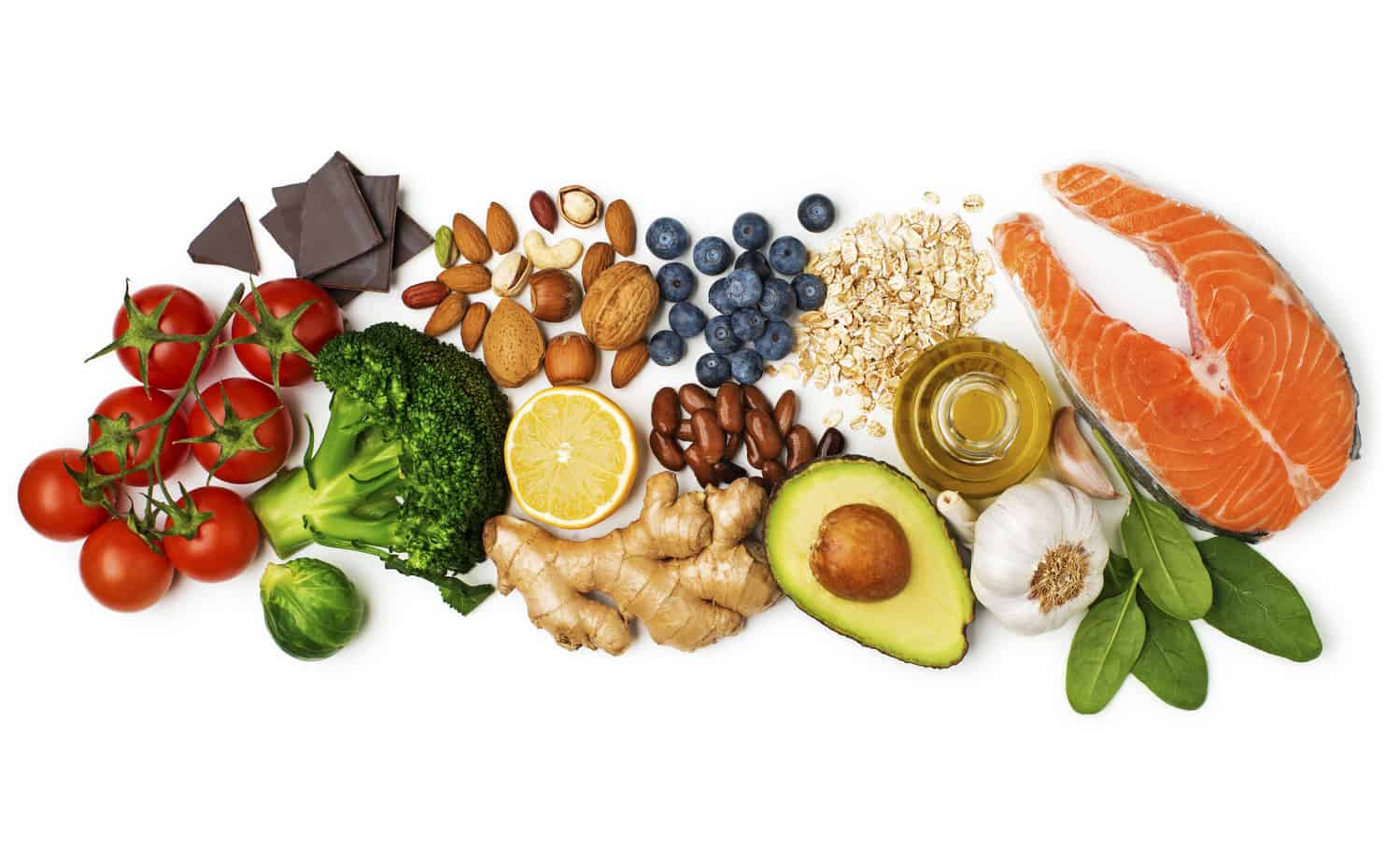
Anxiety and depression are two of the most common mental health concerns in our society
BY DR. JOYCE JOHNSON
According to The Mental Health Commission of Canada, one in five people in Canada experience a mental health problem or illness. Anxiety and depression are two of the most common mental health concerns in our society. There are many factors that can contribute to the development of these conditions. Examples include nutritional, psychological, physical, and social issues, or biochemical imbalances.
Feed your brain and body
The brain needs a steady stream of nutrients to function. Nutritional imbalances can make you prone to depression or anxiety. Blood sugar imbalances, foods sensitivities, or a lack of certain nutrients—such as omega-3 fatty acids and B vitamins—are nutritional factors that potentially influence mood.
Consider the following strategies for improving your diet to help balance your mood:
Balance your blood sugar levels
Poor blood sugar balance, through inconsistent eating and poor food selection, is often a big factor in mood disorders. Eating lots of sugar and refined carbohydrates may give you an initial surge of energy, however, that can be followed by an insulin rush which rapidly drops blood sugar levels, leaving you feeling lethargic. For example, sugar and refined carbohydrates also deplete important nutrients such as B vitamins and chromium. These nutrients are important for our brain chemicals and blood sugar, respectively.
Follow a low glycemic index diet which focuses on whole grains, specific fruits, vegetables and regular eating times. Whole grains, such as brown rice and quinoa, take longer for the body to break down, and release sugar into the bloodstream slowly, having minimal impact on mood fluctuations. Carbohydrates are needed in the diet as they help to increase the production of serotonin (neurotransmitter in the brain that regulates mood, appetite, sleep, and promotes calmness).
Eat protein-rich foods
Foods such as turkey, tuna, or chicken (also bananas, cheese and peanut butter), are rich in an amino acid called tryptophan. Tryptophan helps to increase the production of the brain chemical serotonin. Protein also helps stimulate the production of the brain chemicals norepinephrine and dopamine. Higher levels of norepinephrine and dopamine have been shown to improve alertness, mental energy, and reaction time. Try to include a protein source in your diet several times a day, especially when you need to clear your mind and boost your energy. Good sources include Greek yogurt, fish, meats, cheese, eggs, nuts, beans, soy, and lentils.
More water, less caffeine and alcohol
Caffeine inhibits levels of serotonin in the brain. When serotonin levels are suppressed, you can become depressed and feel irritable. Caffeine also can keep you awake, leading to stress and anxiety. Caffeine and alcohol are dehydrating, which negatively impact mood. Drink half of your body weight in ounces per day to stay properly hydrated.
Support the brain and body
Omega-3 fatty acids: Researchers have revealed that a deficiency of omega-3 fatty acids correlates with an increased rate of both anxiety and depression. Interestingly, depression and anxiety are associated with an increase in pro-inflammatory cytokines. It is not known why inflammation can lead to depression, but it is thought that inflammation interferes with either the production of serotonin, or with the regulation of a particular neurostransmitter (glutamate)—which, when present in excess, can wreak havoc on the brain. Increase sources of omega-3 fatty acids in your diet: fatty fish (anchovy, mackerel, salmon, sardines, shad, and tuna), flaxseed, and nuts, or use a fish oil supplement.
B vitamins: Physical and mental stress, and the use of refined carbohydrates, can cause the body to use up more vitamins—especially B vitamins—contributing to stress-related health problems (general malaise, fatigue and inability to focus). Vitamin B-12 and other B vitamins play a role in producing brain chemicals that affect mood and other brain functions. Low levels of B-12, vitamin B-6 and folate may be linked to depression and anxiety.
Magnesium: This is a vital nutrient that is often deficient in modern diets. Magnesium is involved in the regulation of the stress response—it can suppress the release of stress hormones and prevent the entrance of stress hormones into the brain. It is also a mineral known to be a relaxant and may help reduce muscle tension and anxiety and promote sleep. Sources of magnesium include whole grains, beans, leafy green veggies, and nuts.
Gut support
Your gut is your “second brain,” and your gut bacteria transmit information to your brain via the vagus nerve. There is a close connection between abnormal gut flora and abnormal brain development because your gut has neurons just like your brain—therefore your gut health can impact your brain function. Research has shown that certain probiotics can help alleviate anxiety by modulating the pathways within the gut-brain, affecting GABA levels and lowering stress hormones. Consuming processed foods and sugar will destroy your healthy microflora, so limit intake of these foods. Add fermented foods (tempeh, miso, sauerkraut, yogurt, kefir) to your diet, or take a probiotic to optimize your gut flora.
Along with the tips presented above, a lifestyle that includes regular exercise, good sleep habits and counseling are all important for coping with anxiety and mild depression.











